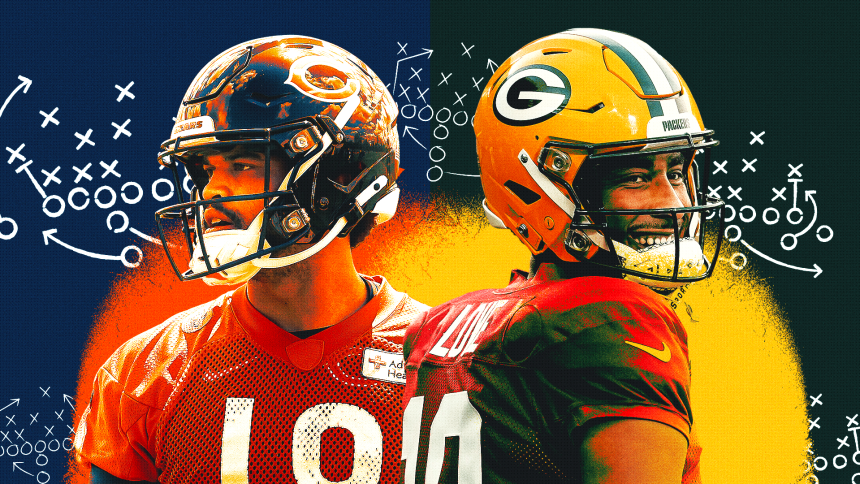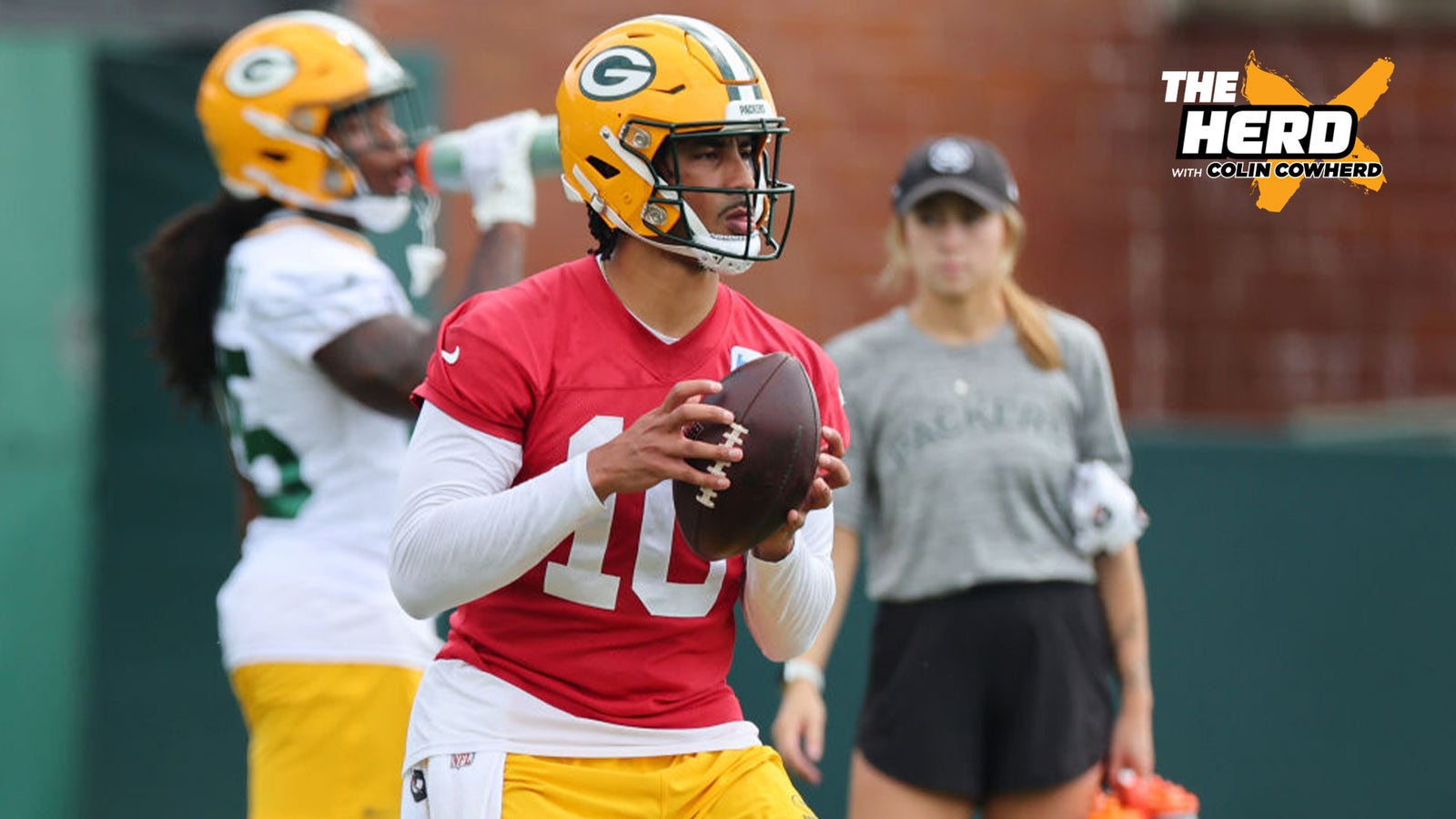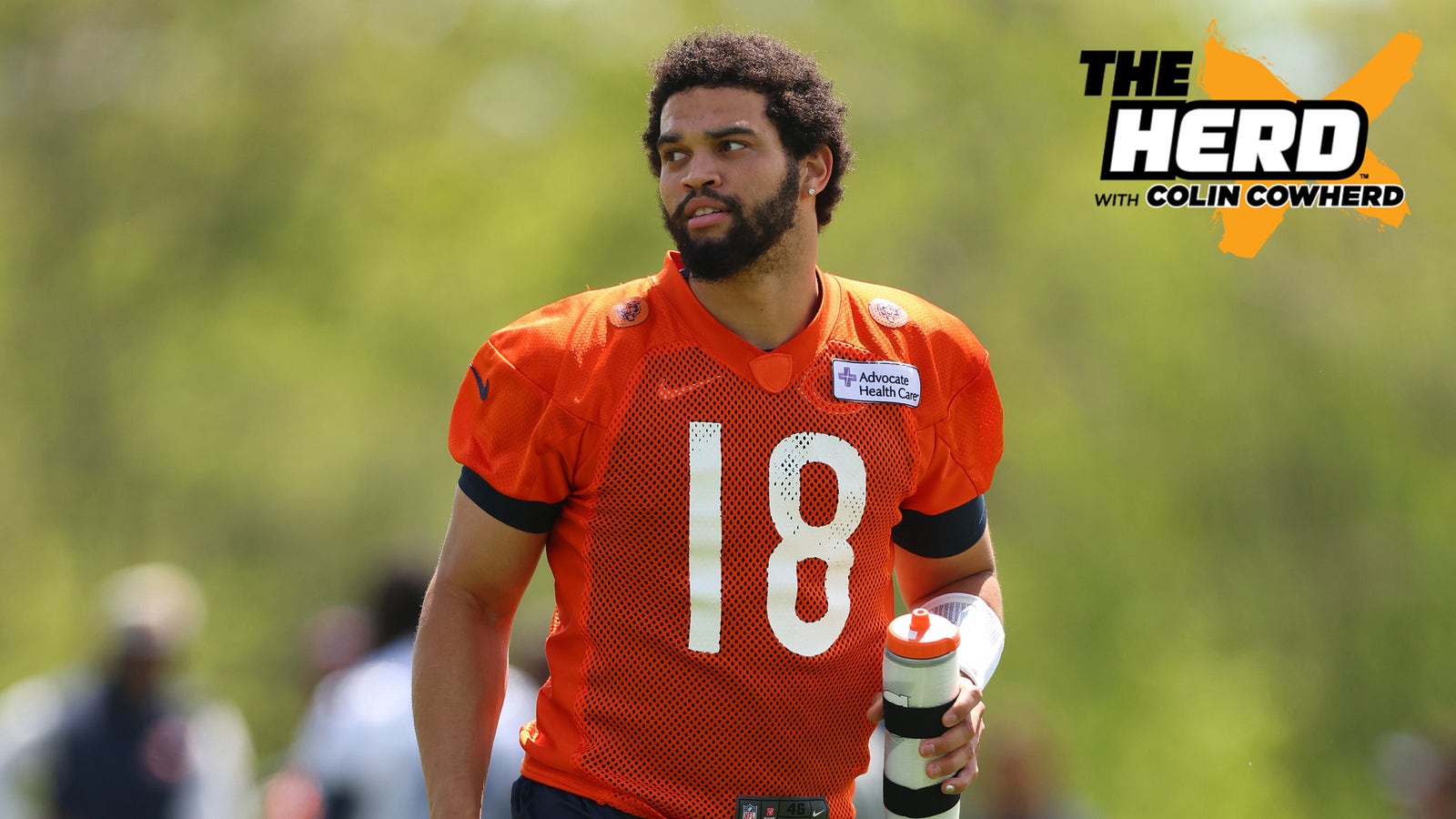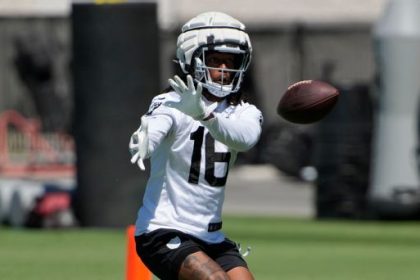The Chicago Bears.
The Green Bay Packers.
Founding franchises. Bitter rivals. About as opposite as they come.
That especially rings true with their offensive team-building strategies. One team has a plethora of high-priced talent. The other has the plethora of talent, but is paying pennies on the dollar for said talent.
ADVERTISEMENT
And it might all speak to how much they trust their quarterbacks.
Despite what the Packers said publicly leading up to the 2023 season, they weren’t exactly tempering their own expectations of quarterback Jordan Love. Green Bay knew Love would be entering his first season as starter after three years of riding the bench behind Aaron Rodgers and yet, they made no splash additions to Love’s arsenal. There were no proven veterans brought in. They didn’t take a wideout in the 2023 draft until the second round. Their top players at the position were entering their second year.
No matter what head coach Matt LaFleur said publicly, the Packers were betting on Love.
It paid off. Surely, it was a testament to LaFleur and his playcalling. You can see it develop throughout the season. LaFleur gave Love a lot of quick passes, shorter reads and kept things relatively simple in the beginning as Love got used to the pace of the big leagues. Love’s issue was never his grasp of the playbook, it was his lack of live reps and game experience.
But even in the early aughts of the season, Green Bay saw some success. Aided by motion, which the Packers deployed at the sixth-highest rate in the NFL, LaFleur gave Love his choice of targets. So many targets. And it put stress on opposing defenses, who never knew who Green Bay’s top receiver was.
They still don’t.
Ten players caught touchdown passes from Love last year. Five of them multiple times. Jayden Reed and Romeo Doubs tied for the team lead in touchdowns. Eight such scores were all it took.
There was no single player for opponents to key in on each week leading up to the game.
One week it was Reed, like in Week 1 against the Bears. The next, like Week 13 against the Chiefs, it was Christian Watson. Sometimes it was even tight end Luke Musgrave, who finally got his wide-open score in the wild-card round against the Cowboys.
Love had so many options that occasionally, balls bounced off one receiver’s hands in the end zone and another receiver was there to catch it, like in the fourth quarter against Denver when Love threw a touchdown pass to Reed by way of Doubs.
Someone was always open thanks to this rotating cast of wide receivers, along with a couple (rookie) tight ends who had a knack for being exactly where they’re needed to be.
Love had the second-most easy targets in the league last year, according to Next Gen Stats. His receivers had the third-best wide-open percentage. “Wide open” is classified by a receiver having five or more yards of separation from his nearest defender.
That was all accomplished because defenses simply didn’t know where to turn.
It also requires an incredible amount of trust in your quarterback to keep it all straight.
As the season went on, you saw Love get more comfortable. You saw Green Bay’s playbook open up a bit more. You saw Love read the field better, get through more advanced progressions, improve his decision-making all around.
You saw Love warrant that trust. And thank goodness. Green Bay’s gamble on spending next to nothing on its weapons could have gone very poorly.
But it didn’t. Ironically, only now has Green Bay invested in an offensive weapon when they replaced running back Aaron Jones with Josh Jacobs, who they paid an uncharacteristic $48 million for four years. He was the best back on the market and now he’s the eighth-highest-paid player on the Packers’ roster. He’s their highest-paid skill player, by far. He’s one of only three offensive players in the top 10, which includes Green Bay’s quarterback.
And now the Packers are primed for yet another successful season without ever having to take a step back and rebuild.
Now, contrast that with their neighbors to the south, the Bears.
As part of a trade out of the first overall pick in 2023, general manager Ryan Poles insisted wide receiver D.J. Moore came with the slew of draft capital acquired. Moore instantly elevated the offense — he had the second-highest catch rate over expectation in the NFL. He had the fourth-most single-season receiving yards in franchise history last year with 1,364. That was also a career-high for Moore.
But the Bears offense needed more — much more. Justin Fields had the fifth-worst success rate among qualified quarterbacks in 2023, per NGS. He had the fourth-worst completion rate.
Chicago decided it wasn’t going to let that happen again. In addition to letting Fields go and drafting a quarterback prospect touted as the best in years with their first overall pick this year (thanks to the Carolina Panthers) in Caleb Williams, they also used their second top-ten pick to take a receiver that their quarterback already took a liking to.
Not content with Rome Odunze and D.J. Moore, the Bears had also acquired wide receiver Keenan Allen in a March trade with the Los Angeles Chargers. Add in tight end Gerald Everett and running back D’Andre Swift as free agency pickups and all of a sudden, Williams has an embarrassment of riches in his offensive arsenal.
But that all came at a premium.
Odunze speaks for himself as a top-ten pick. Chicago parted with a fourth-round pick for Allen. They’ll also have to pay him after this year should they want to keep him around. Swift was the first splash signing of free agency and given a three-year, $24 million deal.
The Bears are trying to do for Williams what the San Francisco 49ers have done for Brock Purdy: insulate themselves against bad quarterback play.
Now, Purdy didn’t end up playing poorly last season. Williams might not end up playing poorly this year. But Chicago has made sure that even if Williams doesn’t perform, it won’t be their fault. They’ve surrounded him with everything he could possibly need. Chicago doesn’t quite trust Williams yet — and why should they? He’s a rookie after all. Players like C.J. Stroud, who hit the ground running (to say the least) with the Houston Texans in his first season, are the exception, not the rule.
The high-priced weapons around Williams are the Bears’ way of making sure they aren’t asking Williams to be Stroud this season. They should only need average quarterback play to see a decent amount of success. Also consider that should Williams pass for 3,900 yards and 30 touchdowns, which is a pretty run-of-the-mill stat line for an NFL quarterback, he won’t just have had the best season by a rookie quarterback in Bears’ history, he will have had the best season of any quarterback in Bears history. Chicago has invested a lot in trying to make that happen.
That’s the exact opposite of what the Packers have done in Green Bay, and Love threw for 4,159 yards and 32 touchdowns in his first year as the starter.
We know the Packers way has worked for them. This season will be about seeing if the antithesis of all things green and gold works for their counterparts in Chicago.
Carmen Vitali covers the NFC North for FOX Sports. Carmen had previous stops with The Draft Network and the Tampa Bay Buccaneers. She spent six seasons with the Bucs, including 2020, which added the title of Super Bowl Champion (and boat-parade participant) to her résumé. You can follow Carmen on Twitter at @CarmieV.
recommended
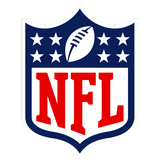
Get more from National Football League Follow your favorites to get information about games, news and more






